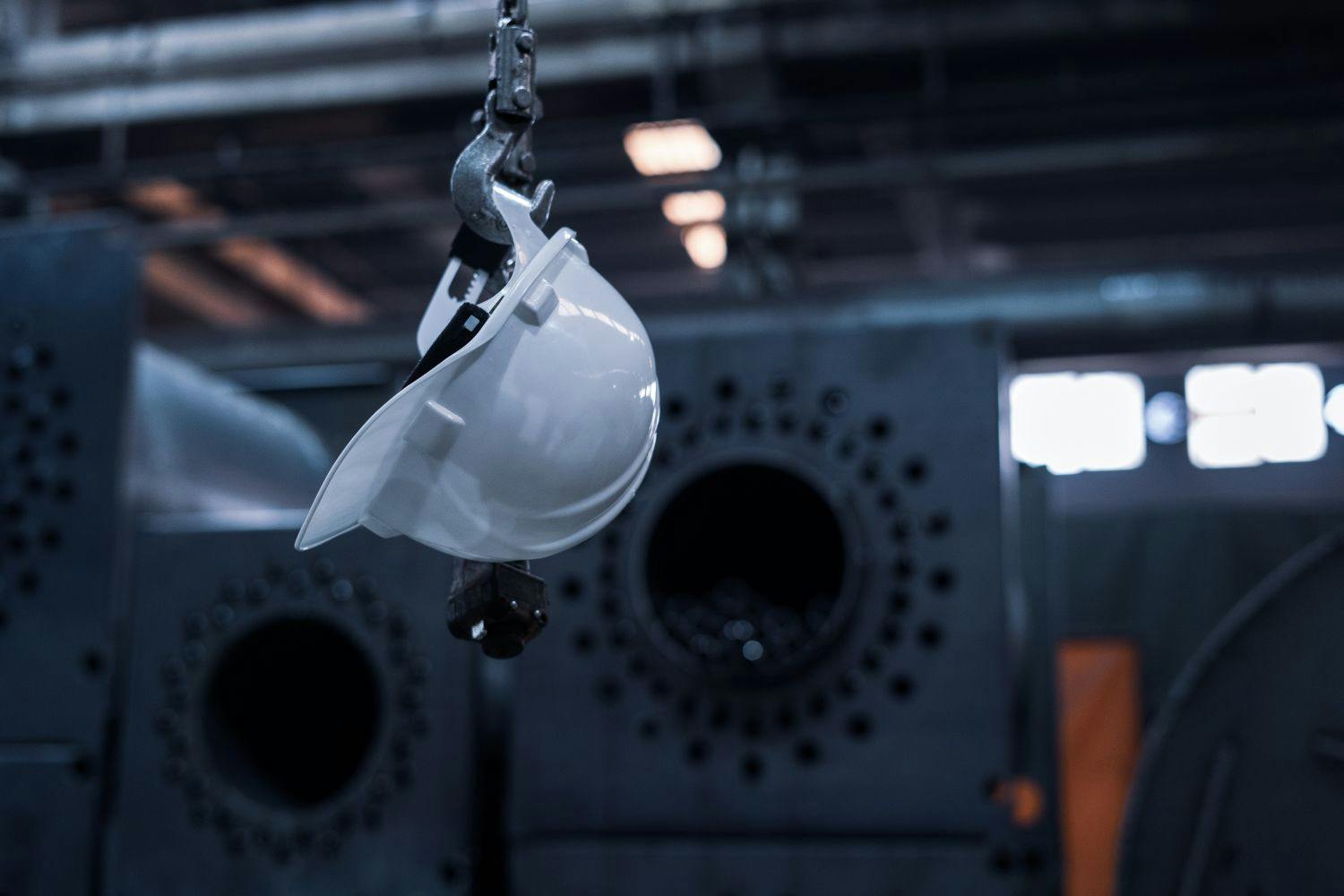First published on Thursday, Jun 04, 2020
Last updated on Friday, Jul 26, 2024
Most people have probably taken part in first aid training once in their life but didn’t pay much attention. However, for employees who are faced with dangerous hazards daily, first aid in the workplace is a serious subject.
Not following correct first aid procedures, can potentially lead to accidents and injuries.
As an employer you’re responsible for first aid in the workplace. You must make sure access to a first aid kit is always available.
In this guide we’ll explain what occupational first aid is, as well as the responsibilities and requirements for first aid in the workplace.
What is first aid?
First aid is any emergency care given to an injured person in any setting. But when it comes to first aid in the workplace, there are two main aims:
- To provide immediate medical assistance to a common injury or illness such as a small cut.
- If required, to seek professional help for a more serious medical condition or illness.
To ensure your employees can undertake those aims correctly, you must provide effective first aid training.
What is in a first aid kit at work?
The Canadian Standards Association (CSA) updated the requirements for a first aid kit at work. You are legally required to provide a Type 2 basic first aid kit for your employees. The following items must be included:
- Sterile adhesive bandages of assorted sizes.
- Sterile gauze pads.
- Cotton bandages.
- Antiseptic wound cleansing wipes.
- Pair of medical scissors.
- Biohazard waste disposal bag.
Visit the CSA website for a full list of contents, remember it’s your responsibility to have a first aid kit on site.
What are the first aid training requirements in the workplace?
It’s a legal requirement to provide a form of first aid at work training to your employees. This training should be given to all new starters as well an annual refresher for all staff.
The following will be factors to the type of first aid training you have to provide:
- The number of employees.
- The types of hazards which are present in your workplace.
- The distance to the nearest hospital/availability of a medical professional.
Each province has its own first aid regulations. Make sure your training matches the legislation put in place. You can find requirements for your province below:
Your training should include any first aid procedures at work following injury or illness. You must clearly state where your first aid kit is situated and what’s included. As well as who the first aider at work is.
Procedures to follow for providing first aid in the workplace
You should follow the below steps when first aid is required:
- Survey the scene for danger: Ensure the area is safe for the injured person to receive aid.
- Look for the cause of injury: If safe, look for the cause of injury. The more information you can gather for medical professionals the better.
- Do not move the injured person: You mustn’t move the injured person before the arrival of medical professionals, this could cause further injuries.
- Call 911: Once the area is safe, contact the emergency services.
Do you need a first aider at work?
The requirements for a first aid attendant vary across Canada, make sure you abide by the correct legislation for your province.
In Ontario and Alberta, any workplace first aid stations should be managed by a qualified first aider. In British Columbia, where workplaces within 20 minutes of a hospital require at least one qualified first aider.
Responsibilities of a first aider at work
For an employee to become a first aider, they may undertake a first aid course. Once completed; they will be issued with a first aid certificate.
It’s worth being proactive and sending as many of your employees on courses as possible. This will increase their confidence in you, as well as creating a safer workplace.
The following are common responsibilities of first aiders:
- Providing prompt first aid.
- Recording any injuries.
- Referring injured employees for further medical equipment if required.
- Being responsible for injured employees until further medical assistance arrives.
Get help with your first aid today with BrightHR
Keeping your employees safe is extremely important. Having clear first aid procedures and training in place will keep your workplace as safe as possible. Not keeping your staff safe could lead to accidents leading to serious injuries.
BrightHR has a range of tools that can help keep your workforce safe. Our BrightSafe online health & safety software allows you to manage your first aid, record any accidents and access quality e-learning courses.
Contact us on 18882204924 or book a demo today.
Have a question?
Ask away, we’ve got lightning fast answers for Canadian business owners and employers powered by qualified experts.







